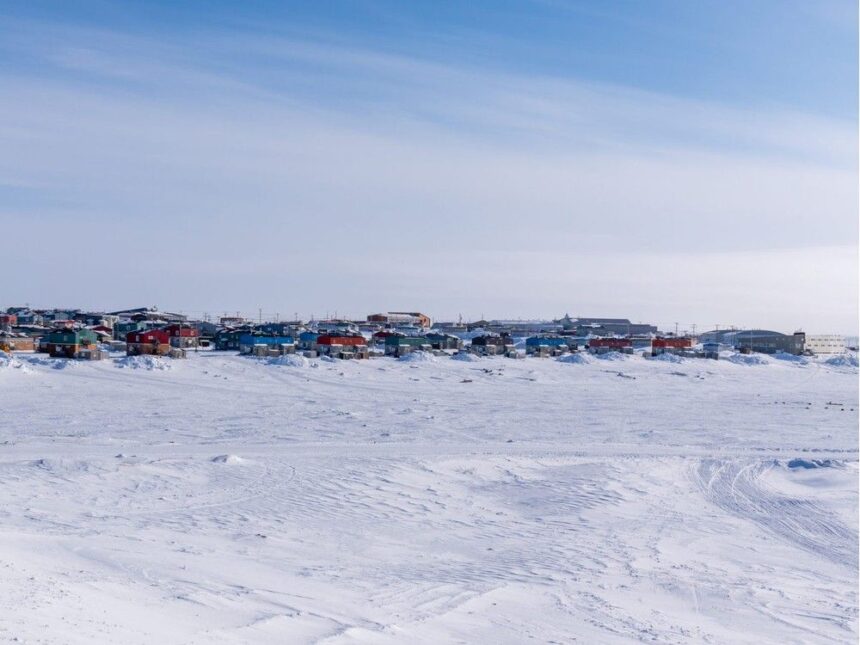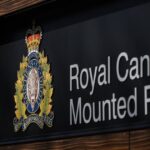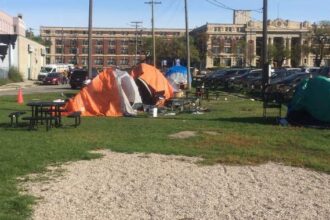In the remote northern reaches of Quebec, residents of Kangiqsualujjuaq are facing a dire combination of challenges that have prompted local officials to declare a state of emergency. A persistent wildfire burning dangerously close to this Nunavik community has now been compounded by a critical water shortage, placing nearly 1,000 residents in a precarious position as authorities scramble to respond.
The emergency declaration came after the community’s water supply dwindled to alarming levels, with reserves falling below 25 percent capacity on Tuesday. This water crisis couldn’t have come at a worse time, as firefighters are simultaneously battling a stubborn wildfire that has been encroaching on the village for several days.
“We’re confronting a perfect storm of emergencies,” explained Tommy Palliser, Director General of the Kativik Regional Government. “The firefighting efforts have necessarily placed additional strain on our already limited water resources, creating a dangerous feedback loop that threatens both our ability to combat the fire and meet basic community needs.”
According to data from Canada’s Wildfire Service, the blaze near Kangiqsualujjuaq has consumed approximately 4,800 hectares of land since it was first detected last week. Provincial firefighting teams have been deployed, but challenging terrain and remote location have complicated suppression efforts.
The water shortage has forced local officials to implement strict conservation measures. Residents have been instructed to limit water usage to essential needs only, while community facilities like schools and government buildings have temporarily suspended operations. More concerning is the impact on healthcare services, which require reliable water access to maintain sanitary conditions.
“Every drop is precious right now,” said Sarah Aloupa, a community health coordinator. “We’re particularly concerned about vulnerable populations – the elderly, young children, and those with pre-existing health conditions who may be more severely affected by both the smoke and limited water access.”
Environment Canada’s weather forecast offers little relief, with no significant precipitation expected in the coming days and temperatures remaining above seasonal averages. These conditions could further exacerbate both the fire behavior and water scarcity.
Provincial authorities have responded by airlifting emergency water supplies to the community, with the first shipments arriving Wednesday morning. Additional firefighting resources, including water bombers and specialized equipment designed for remote operations, are being deployed from southern Quebec.
The situation highlights the unique vulnerabilities facing Canada’s northern communities. With limited infrastructure redundancies and challenging logistics for emergency response, incidents that might be manageable in more accessible regions can quickly escalate to crisis levels.
“This emergency underscores the need for greater investment in climate resilience for northern communities,” noted Dr. Eleanor Stephenson, a researcher specializing in Arctic climate adaptation at McGill University. “As climate change accelerates, we’re likely to see more frequent and intense wildfires in regions previously considered low-risk, along with greater strain on water systems due to changing precipitation patterns.”
For the residents of Kangiqsualujjuaq, the immediate concern remains weathering the current crisis. Community leaders have established an emergency operations center to coordinate response efforts and provide updates to residents. Meanwhile, neighboring Nunavik communities have offered support, including temporary accommodation for those most affected.
As this dual emergency unfolds in one of Canada’s most remote regions, it raises critical questions about emergency preparedness in the era of climate change: How can we better protect vulnerable northern communities from increasingly unpredictable environmental threats, and what investments in infrastructure are needed to ensure their resilience in the face of a warming Arctic?










